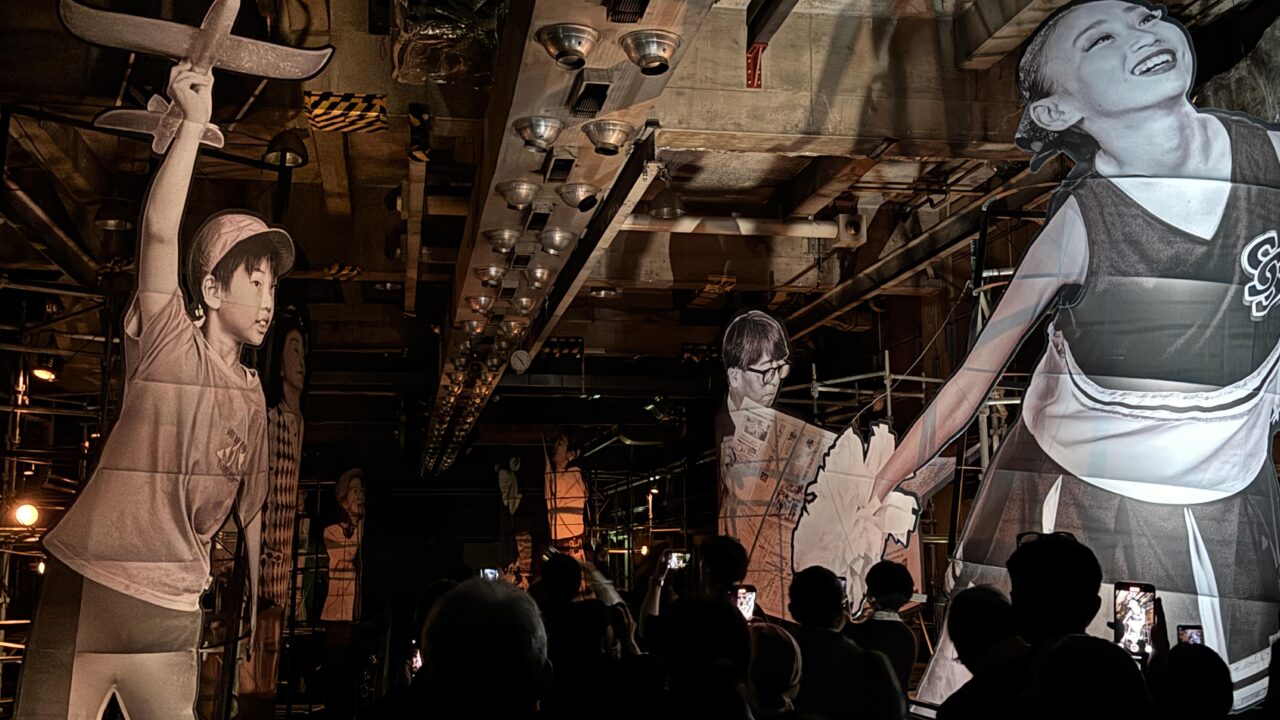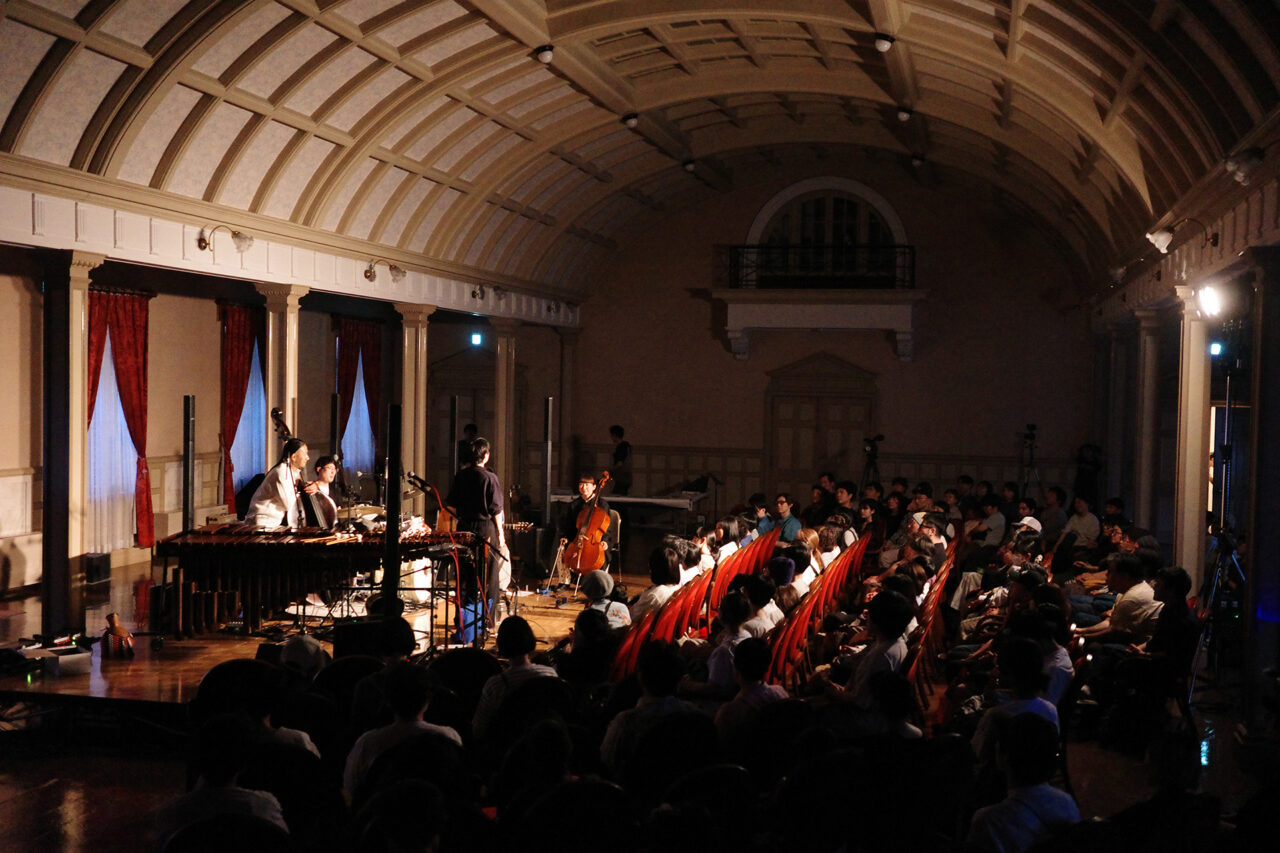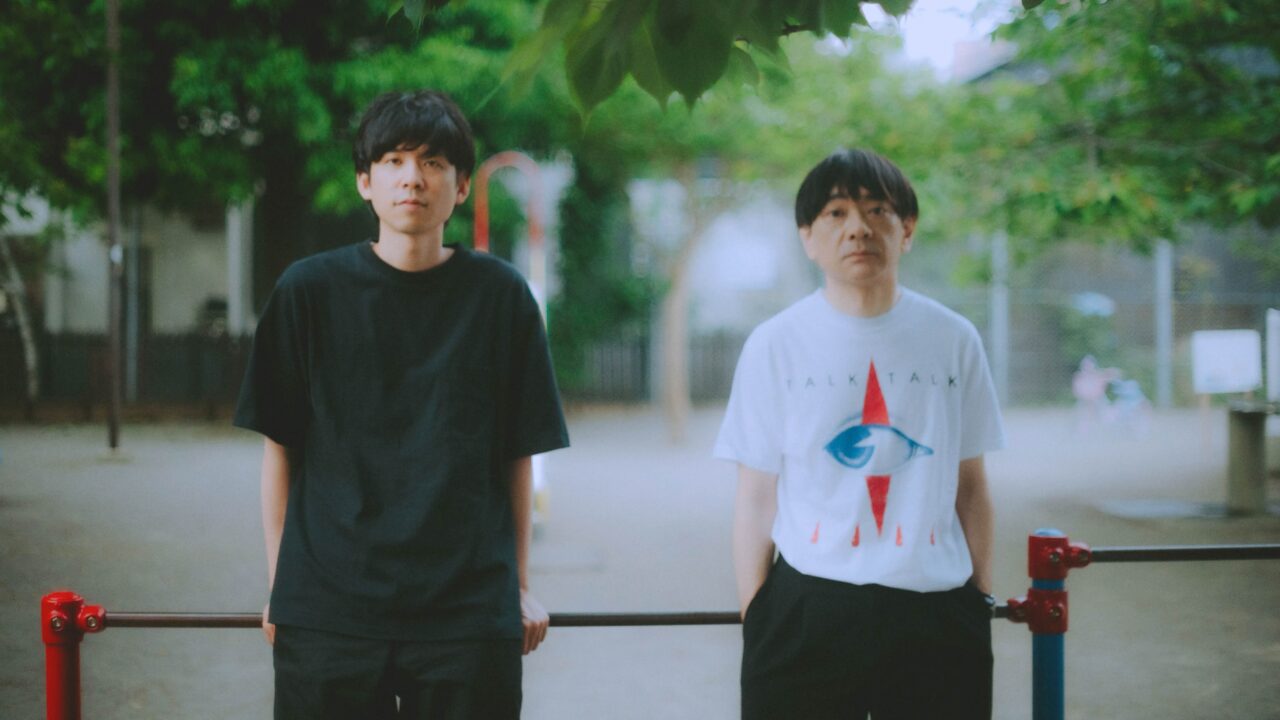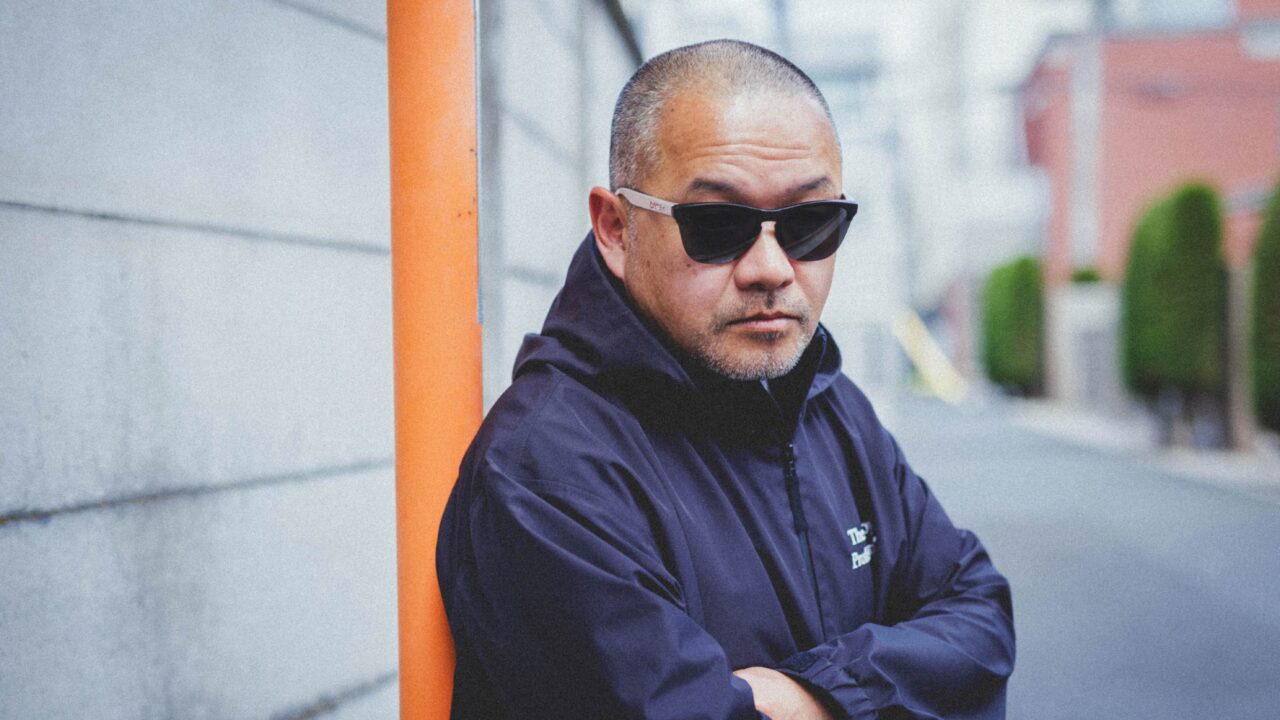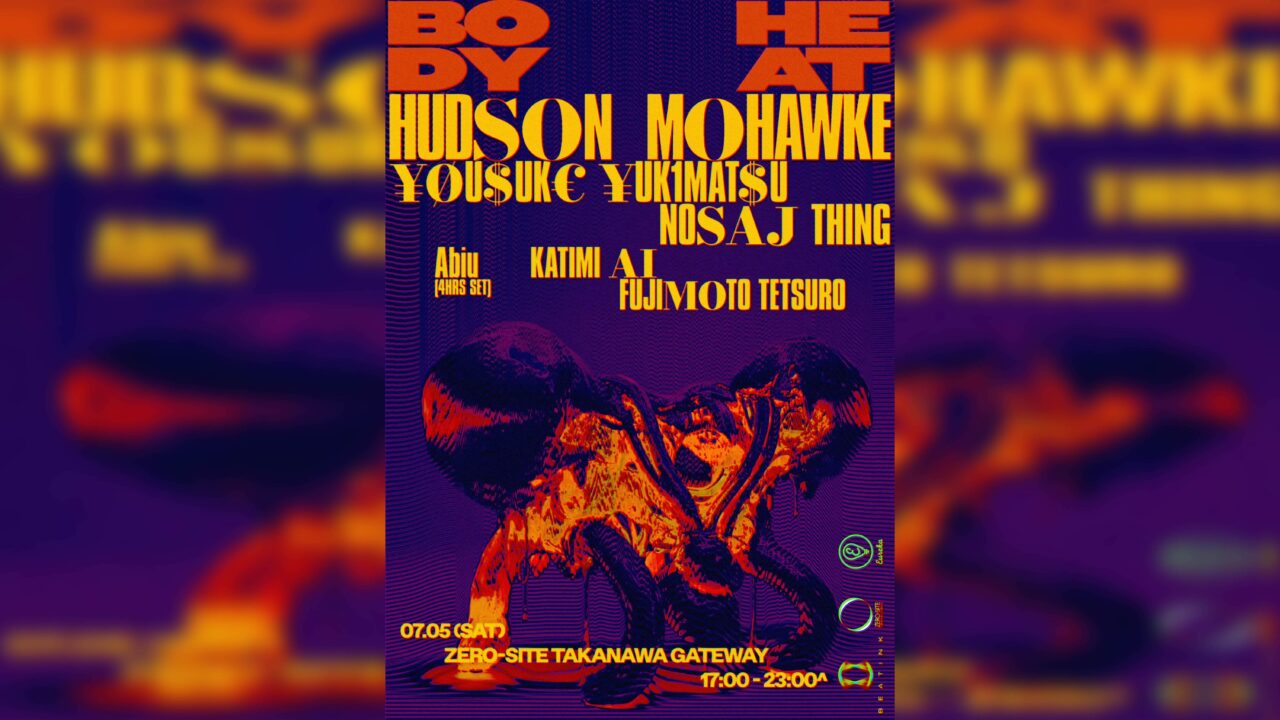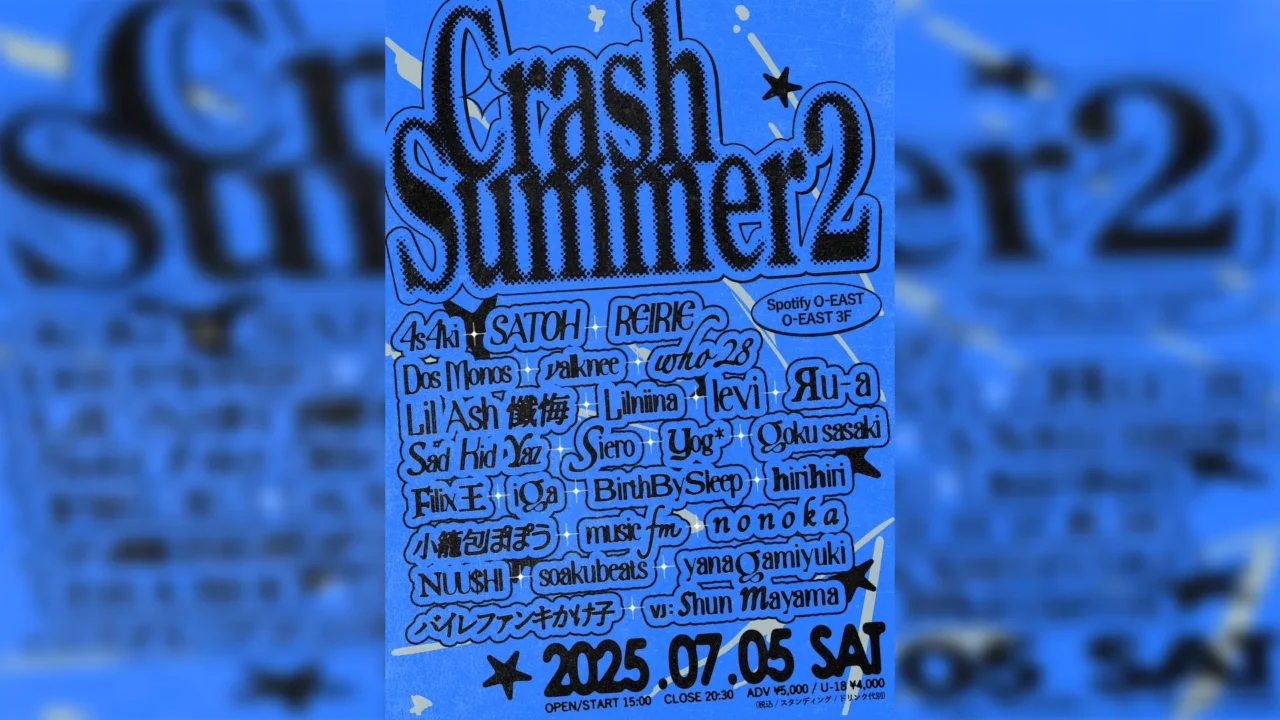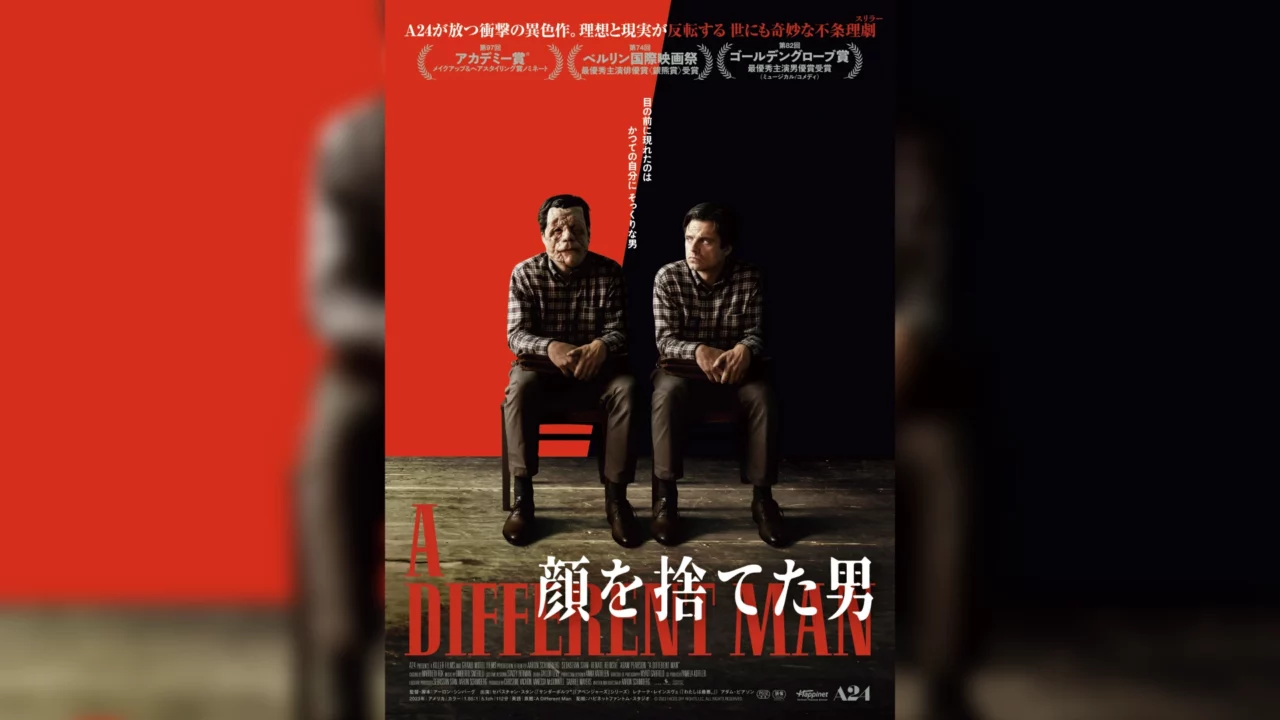Scene cuts from the French film “You Will Not Have My Hate,” which opens in theaters on Friday, November 10, have been released.
The film is based on the best-selling novel of the same title by Antoine Lelis, and tells the true story of a husband who loses his wife in the November 2015 terrorist shooting at a Paris concert of the American band Eagles of Death Metal, and his determination to “carry on with life as before” with his son, not giving in to terrorism. The story is based on the true story of a husband who lost his wife in a terrorist shooting in Paris.
The 11 scenes that have been released are mainly scenes of Antoine, played by Pierre Deladonchamps, spending his days with his son Melville, played by Zoë Iorio, after the incident. The photos convey the complex emotions they hold even from an ordinary day-to-day scene.
You Will Not Have My Hate
Director/Screenplay: Kilian Riethoff, “Marathon at the Sunny House
Based on the book “I Decided Not to Hate You
2022 / Germany, France, Belgium / French / 102 min / CinemaScope / 5.1ch / Original title: Vous n’aurez pas ma haine / English title: YOU WILL NOT HAVE MY HATE / Japanese subtitles: Kazuko Yokoi / Source: New Select / Distributor: Distributor: Albatross Film / Supported by: Embassy of France in Japan / Institut français
©2022 Komplizen Film Haut et Court Frakas Productions TOBIS / Erfttal Film und Fernsehproduktion
<STORY>
Friday morning, November 13, 2015. Journalist Antoine Lelis and his son Melville send off his wife Hélène, who is rushing to work. She takes care of herself by homemaking a healthy breakfast for her son, is stylish and has a great sense of humor. The best mother and beloved wife of my son has suddenly gone to heaven. Even in such a situation, my son is hungry, plays with sand, and begs me to read him picture books. Antoine began to write letters to his son, as if to put aside the pain of not being able to share his grief with anyone and his anxiety about the one-man job of child-rearing that was about to begin. The letter to the terrorist who took his wife’s life is a message of commitment to his late wife, a statement of his determination to “carry on with life as before,” even with his son. Antoine’s poetic declaration of “no gift of hate,” shared by more than 200,000 people overnight and gracing the front pages of newspapers, cools down the unsettled people of Paris and fosters their unity to not give in to terrorism.











